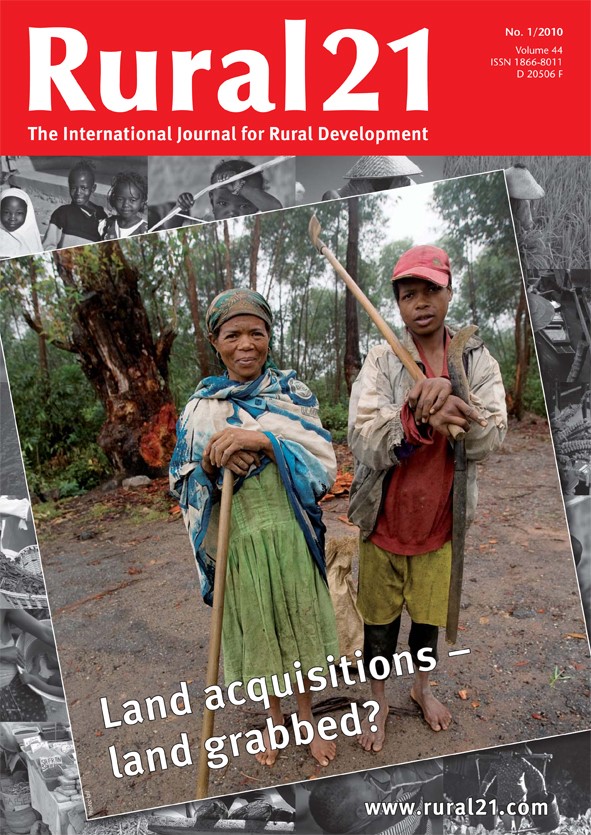Guinea pigs: a guarantee of food security and a source of income in South Kivu, Democratic Republic of Congo
The years of war have led to a rapid decline in the nutritional status of people in the Democratic Republic of Congo. To cover their protein requirements, the rural population in the Kivu region in the east of the country have turned to raising guinea pigs. For many families these rodents are nowadays not just a vital element of their food security, but also an essential source of income.





